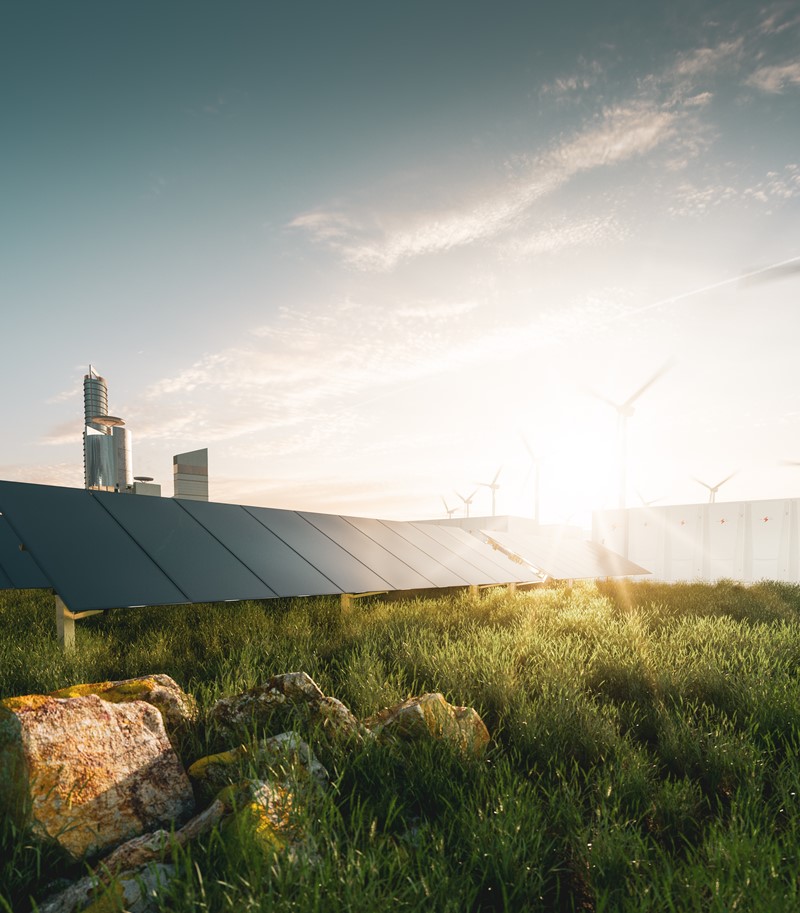What are the current priorities?
Science Europe supports science-led responses to the green transition by acting as a platform to foster co-ordination of actions at European level. It does this based on its role as representative of national research performing and funding organisations. It shares best practices on relevant research and innovation policies within its membership, with partner organisations, and with society. The European Green Deal, Horizon Europe’s Missions, and the EU biodiversity strategy are among the main interests for this priority, together with broader international climate policies.
The Working Group on Greening Research focuses on contributing to international climate policy fora and the European Green Deal by identifying the success factors for science–policy interfaces and determining the characteristics of interdisciplinary programmes that address the green transition. A cross-cutting theme is to foster public trust in science, engaging societal stakeholders, and engage in ‘citizen science’.
What is Science Europe doing to achieve these aims?
Interdisciplinary research
Science Europe aims to identify the characteristics of research programmes and activities that contribute to the green transition. The goal is to investigate aspects of inter- and/or transdisciplinary research activities, such as stakeholders’ engagement, co-creation, or citizen science, and how to engage different disciplines in tackling complex challenges, such as those related to the climate crisis and the environmental impact of digitalisation.
Contribution to European and international climate initiatives
Science Europe is committed to contributing to international climate policy. During COP26 (in November 2021), Science Europe launched a Call to Action for research organisations to achieve the Net-Zero Transition, together with international partners. This engagement continued through COP27 (in November 2022), mobilising Science Europe members and partners to reduce their emissions and achieve climate neutrality. In addition, Science Europe is examining ways to contribute to the European Green Deal and establishing collaborations with other international organisations regarding international climate policy.
Science–Policy interfaces
Science Europe’s objective is to collect examples of and make recommendations for institutional settings and necessary training to promote science-informed policy making. A better understanding of the different roles, responsibilities, and types of organisations between research funders, research performers, individual researchers, and governments at various levels is needed. The goal is to identify new emerging practices, professional opportunities, and needs for Science Europe members.











